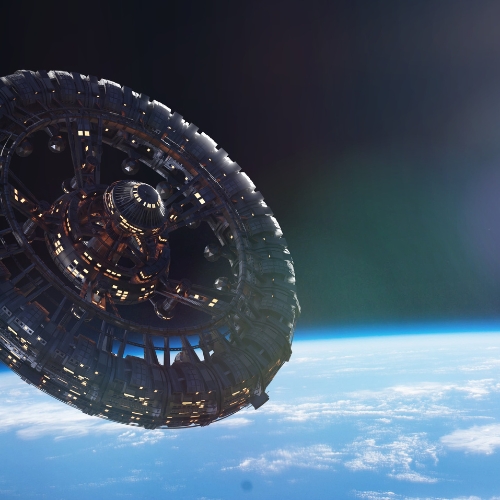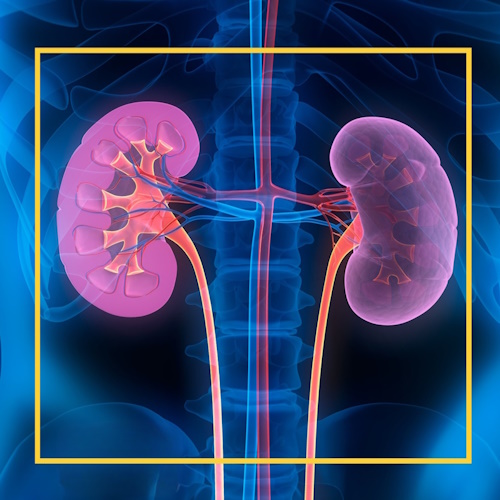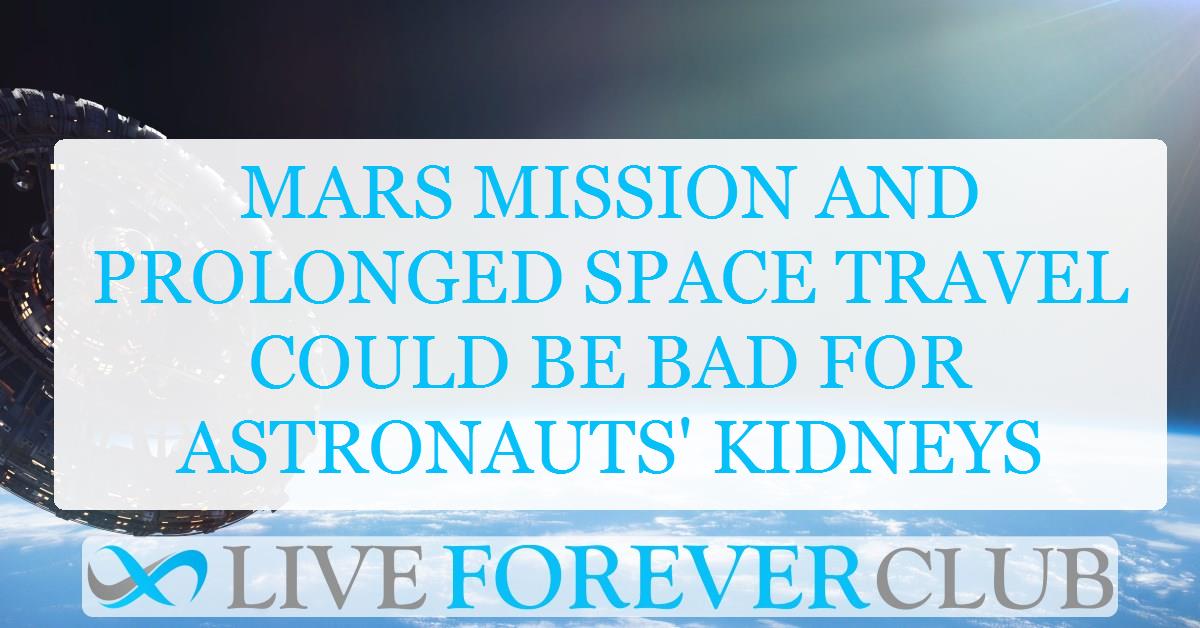Key points from article :
Researchers from University College London (UCL) conducted a comprehensive study on the effects of long-duration space travel on kidney health, focusing on the potential risks of a Mars mission.
The study analyzed data from human and animal studies involving both real spaceflights and simulated conditions, including exposure to galactic cosmic radiation (GCR) levels equivalent to a Mars mission.
The findings revealed that both human and animal kidneys underwent structural changes in response to spaceflight, potentially contributing to an increased risk of kidney stones.
While short-term changes were observed in astronauts' kidneys after a month in space, the most concerning finding was permanent kidney damage and loss of function in mice exposed to simulated GCR levels of a 2.5-year Mars mission.
The study emphasizes the need to develop new protective measures for astronauts' kidneys, as current shielding methods cannot adequately protect against GCR.
The research was funded by the UK Space Agency, the Wellcome Trust, St Peters Trust, and Kidney Research UK, and the findings were published in the journal Nature Communications.







